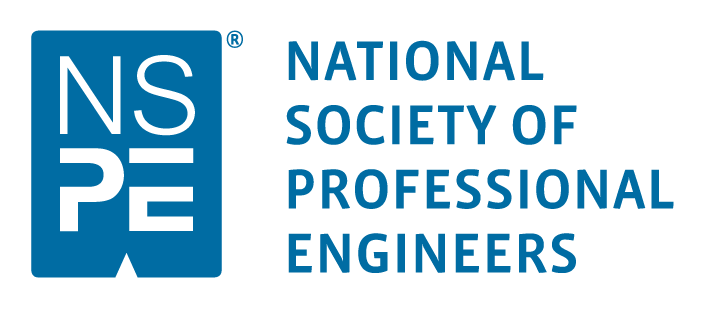New Jersey Commercial Building Inspection requires skilled and experienced engineers.
Being a commercial building inspector means that there are many lives in your hands. Your job description does not end in looking at buildings closely, but in ensuring the safety of the people who will rent and spend their working days in there. This is why there should be a wide set of rules, guidelines and qualifications, and a strict implementation by the state to ensure that only the best building inspectors can work for the government and privately.
The booklet was intended to describe the types of code enforcement licenses available, and to assist in the completion of an application for licensure. Alongside the specific requirements necessary to obtain a license; this is to ensure that the process of applying and approving licenses for building inspectors be as meticulous as possible, because it is no simple job.
New Jersey has classified building inspectors in to three different levels:
- Residential and Small Commercial Specialist (RCS) level
- Industrial and Commercial Specialist (ICS) level
- High-rise-Hazardous Specialist (HHS) level
The Residential and Small Commercial Specialist (RCS) is authorized to review plans for structures that is intended for living and small businesses. The RCS license requirements are a prerequisite for licensure to the ICS license level within the same subcode area.
The Industrial and Commercial Specialist (ICS) is, on the other hand, authorized to review plans for structures that is being made for commercial buildings intended to house businesses.
Lastly, the High-rise-Hazardous Specialist (HHS) is authorized to inspect high rise towers which can be either used as commercial or residential. At the same time, those infrastructures which could be of high hazard will be designated to them as well.
The state has carefully classified building inspectors in to these three levels to ensure that more elaborate and stricter qualifications were set for more complicated buildings to be inspected. Commercial building inspection requires an engineer with broad understanding of building systems from structure to electrical and plumbing to HVAC and environmental specifications.
Commercial building inspectors usually look for red flags when it comes to the construction of the structure, such as:
- Inadequate design
- Improper maintenance or worn systems
- Equipment nearing the end of its useful life
- Building code violations
- Poor workmanship
A competent commercial building inspector should possess a specified number of years of acceptable experience, and successfully complete an educational and testing program in order to qualify as a licensed professional.
These are the licensure requirements for the building inspector-ICS level:
Experience
- Five years of experience in construction, design, or supervision as a journeyman in a skilled trade currently regulated by the building subcode; or
- Five years of experience as a construction contractor in a field of construction currently regulated by the building subcode; or
- Five years of experience as a Building or Housing Inspector. See page 21, #3. Note: The above three categories of experience may be combined to add up to the required total of five years; or
- Possession of an associate’s degree from an accredited institution of higher education, in code enforcement, and two years of subsequent experience in the construction, design, inspection or supervision of construction work currently regulated by the Building subcode;
Education
- Graduation from an accredited institution of higher education with a bachelor’s degree in architecture or architectural technology, or in engineering or engineering technology, or in any other major area of study significantly related to building construction, and one year of subsequent experience in the construction, design, inspection or supervision of construction work currently regulated by the building subcode; or
- Possession of a current New Jersey license to practice as an architect or engineer. b) Education: Successful completion of the Building Inspector ICS approved course.
From the education qualification to the acquisition of the license, being a commercial building inspector is no easy job. The lives and the quality of life of many people rely on their capability to perform well. With this nature of work, the required background makes a difference. Their credentials become their greatest asset that will convince clients to avail their services.
Their skills and experience matter because it would be your basis when hiring them. It is important that when acquiring the services of a commercial building inspector that you choose the best—those who are trusted, well-trained and have the best set of knowledge because if you have the task to look for and hire the inspectors, the lives of the people in your building is transferred to your hands.







